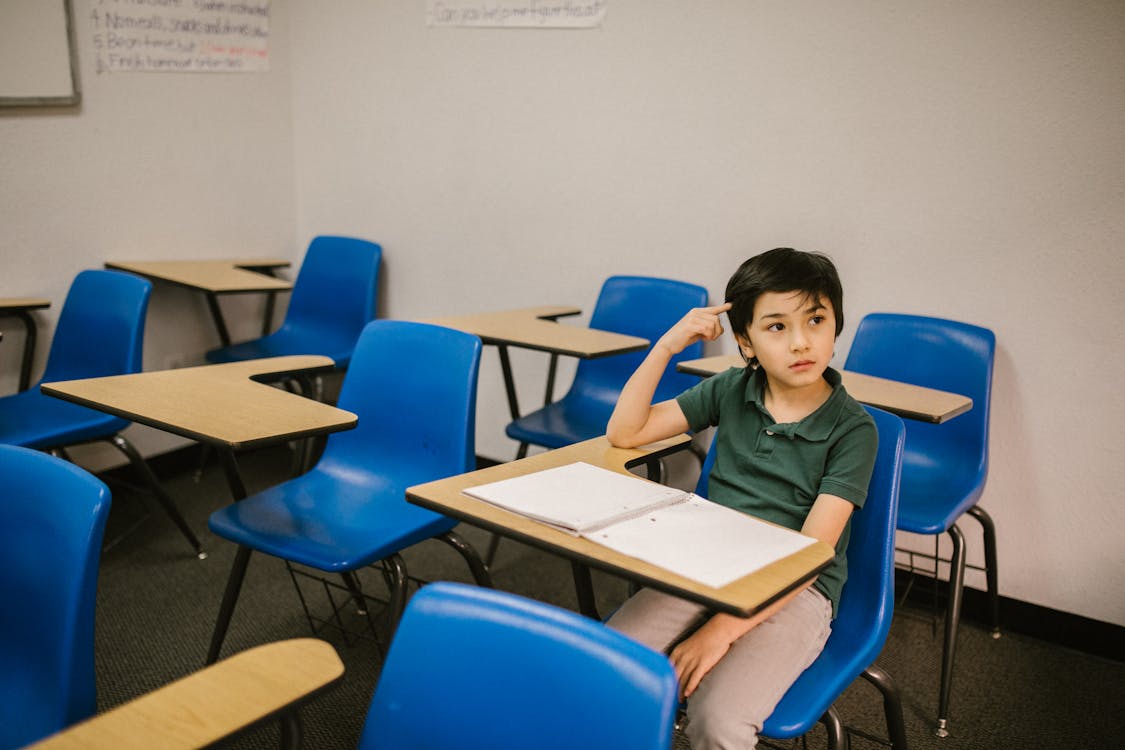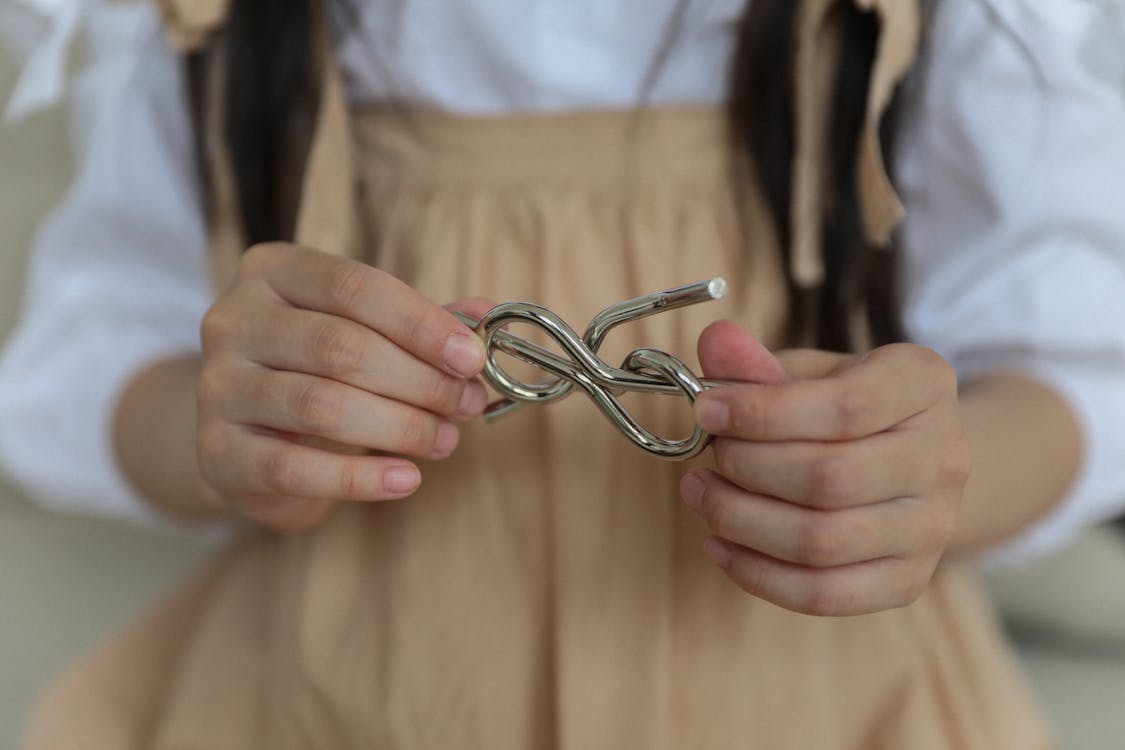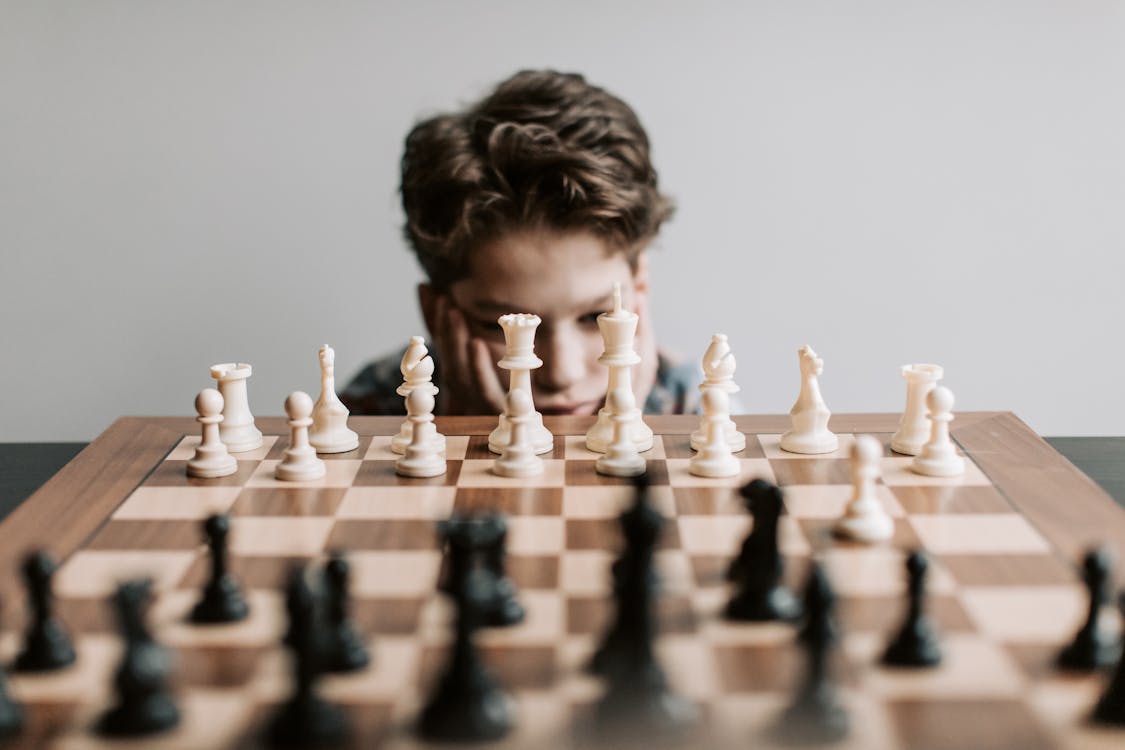It is said that when a child is small, i.e., when they are 3 or more, their brains develop rapidly. During this time there grasping power is more, and whatever you teach would be grasped by the child easily. This is the reason why they pick up and learn to speak more than one language. So can we develop analytical skills in our kids in this phase? An answer to this question would be positive. We can develop our child’s skills and help them understand the world better. Analytical skills are one of the important skills, and it is also hard to understand by a few. But if we introduce it right from when they are small, it will be easy for them to understand and analyse things.
Tips to develop analytical skills in kids.
Try asking various questions.

Questioning is a skill which helps us to think. Ask different questions to your child so that they start thinking about the same. Once they start thinking, they come across various facts and information, this is how their curiosity would be developed to know about different things.
Encourage them to ask questions.
Help them frame more questions by cross-questioning them. Don’t just answer their questions. When they ask anything, cross-question them and let them find the answer on their own. Small kids are curious to know about the world, they will ask you different questions, for some you might not have the answer, so let them think on it. Thinking means analysing. When they develop the skill to analyse, they will also learn to find the answer.
I know kids are so curious when one day my son asked me a question. Though he keeps asking various questions throughout the day, but this was different. Different because I did not have any clue about his question, but he had the answer. He asked me, “ Mumma is there something called the white hole in our space?” As a child I remember I read only about the black hole, not about the white hole. So I answered him that it is not a white hole, but it is known as a black hole. Here he denied it and said there was a white hole too. Listening to him, I thought let me clear his doubt. I started searching for the white hole in Google, and to my surprise, it was the first time I came to know that there is a white hole.
This is how kids analyse things and come across different conclusions.
Talk to them to enhance their imagination.

Talking is very important not only to pass information but also to build a good relationship. Talking develops a good bond between you and your child. They listen to whatever you say and try to imagine the same.
A few days back I was talking to my child about fireflies. We might have seen fireflies when we were small, but now they are extinct creatures, I think. My son never saw fireflies but keeps talking and asking various questions about them. So during the time of Diwali he put the series of lights inside one glass bottle so that he can have a little experience about fireflies or what they used to look like.
Give responsibilities

Give them some responsibilities like arranging the dining table or cupboard or cleaning their bicycles or bikes. Ask them to keep their books and toys in proper places and in a proper manner. Little bit of chores help them to learn the chores as well as develop analytical skills.
Analytical skills develop within us slowly and gradually, so don’t try to impose everything thinking, it would develop their analytical brain. Age-appropriate learning must be given to children. They can learn only how much they can grasp. So be light on them and let them smile.



